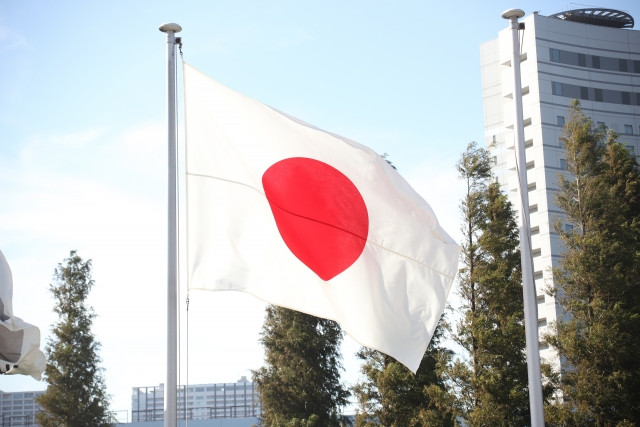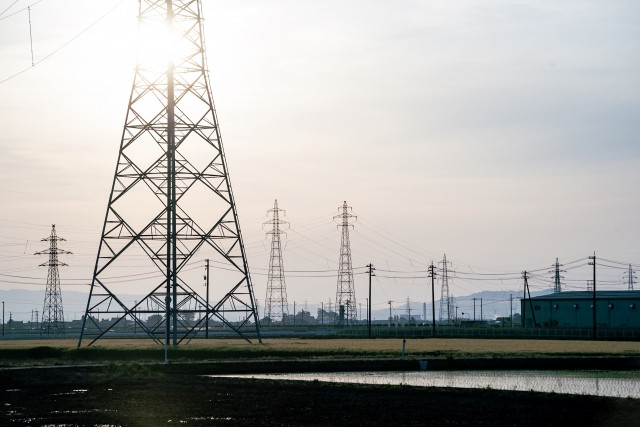Property is very expensive in Japan, and renting is the next best thing to owning one. Efficient spending helps save for a future home, and so here are the basics and things that you must know if you want to rent an apartment in Japan. Happy hunting!
Things to know when renting an apartment
One should be mindful that renting an apartment in Japan should be easy as long as you are prepared. However, expect various levels of expectations dependent upon the location you wanted to rent. Also, the cost will depend as well on the setting of the real estate. Considering the enormous population of the country, there is a seemingly endless demand for accommodation especially in the major cities. This made some of the apartments in the country modify their respective spaces to fill in the existing demands.
Given the space restrictions, most apartments are compact in space. Usually, Japanese people notify their potential tenants by posting a combination of letters: L, D, K, S, and R. Each letter represents various areas in the apartment. The living room, dining room, kitchen and storage room are represented respectively. R stands for the commonly known “studio-type” rooms. On each sign, a number is also given. This entails the number of rooms in the said unit. For instance, a sign “1LDK” stands for a 1-bedroom unit with living, dining and kitchen areas. Also, apartments in Japan can come unfurnished or furnished. For long-term rentals, apartments are usually offered unfurnished. Furthermore, considering the high demand for accommodations, the prices are also dependent upon the size of the unit and the spaces available.
Rental contracts in Japan could be categorized into two: long-term and short-term. The requirements differ in each category but their prices may differ. Short-term rentals are bound to a Japanese law called minpaku law. According to the law, a rental would be considered as short-term if it would only last for 180 days. This law was passed to secure the interests of the landlords and at the same time the tenants.
There are particular rules in rentals. Some may restrict noises, smoking and visitors and even pets. Restrictions in apartment rental in Japan are done to preserve and take care of the welfare of other tenants. For instance, if the unit you want to rent is located inside an apartment complex, be mindful of the rules not to disturb other people. There is a huge tendency that there could be other tenants in a similar complex that may be conscious of such activities. Landlords and possible tenants define and agree upon such restrictions during contract negotiation. Nevertheless, one should acknowledge that the Japanese culture puts high regard on etiquette and such kind of leasing restrictions may be reflected by it.
Writer's Pick
Example of costs attributable to renting

Starting a rental contract would require an initial payment or shoki-hiyō. This initial payment would cover the preliminary conditions of the apartment to be leased. Normally, the initial payment would be composed of various parts that endow different aspects of the rental contract. The following are the important components of each initial payment:
-
Appreciation money (Reikin): a non-refundable amount that affirms a particular custom in the country. It acts as a “payment of gratitude” which is usually equivalent to 1-2 months of rent. Although some landlords do not require this anymore, some still continue such custom.
-
Brokerage Fee (Chūkai tesūryō): a non-refundable payment to the real estate agency that acted as the mediator of the agreement between the tenant and the landlord. This particular amount usually costs equivalent to not more than 1 month of rent.
-
Guarantor fee: non-refundable payment to the guarantor
-
Fire Insurance fee (Kasai hoken): non-refundable payment for fire emergencies.
-
First month’s rent (Maeyachin): serves as the payment for the first month. This is computed by determining the date of moving in and the remaining days left in the first month.
-
Security deposit (Shikikin): a refundable payment that would be used as a deposit to the contract. Such payment would be reimbursed towards the end of the contract but it could also finance for any necessary repairs to the unit.
Moreover, other possible expenses may have been included in the initial payment such as cleaning fees and key exchange fees. The tenant should be mindful of the invoice to avoid unnecessary charging of fees. During the negotiation, there is a high likelihood to use the Japanese language throughout the conversation but don’t be intimidated. You can bring along an acquaintance or friend who could help in translating things for you. You can also try to find a bilingual real estate agent to help you.
Requirements for renting an apartment
To rent an apartment in Japan, there are different requirements for identification and activity assessment. The following are the important documents needed to be able to rent in the country:
-
Passport
-
Visa or residence card
-
Eligibility certification (zairyushikaku nintei shomeisho)
-
Bank statement of 3 months (kyūyo meisai)
-
Letter of employment (zaishoku shōmeisho)
-
Payslip or Tax withholding slip (gensenchōshūhyō)
These documents will give the potential tenants an eligibility pass to any landlord. Moreover, another important thing in Japanese apartment rental culture is that it demands a guarantor or hoshōnin.

The guarantor acts as insurance to the contract. Usually, they need to co-sign the rental contract. A guarantor has their responsibilities towards the contract as they would be the ones who will be paying the rent in cases where the tenant suddenly breached the contract and will be shouldering any expenses connected due to damages in the unit. Although some apartments and landlords do not require a guarantor, one could still have a smooth agreement whenever there is one.
For those who are new in Japan and look forward to going on with their rental application with no trouble, a company that acts as a guarantor could provide substantial help. Referred to as hosyo geisha, the company provides similar security with a guarantor. Landlords have a directory that could be helpful in such instances.
Summary

Provided all the basic knowledge about apartment rental in Japan, it is now upon the discretion of the tenant to pick an apartment of their choice. The opportunity that the country has different aspects made it very likely to be the receiving end of migrants and tourists. This entails an expansion of demand for accommodation. Japan is a great country to be with and one should ensure a place to stay to enjoy its wonders.
Recommended services for readers of this article
Living Japan is recommended for foreigners who want to find a house in Tokyo. We have tons of information on properties that are easy for foreigners to rent!
https://www.livingjapan.com/



































